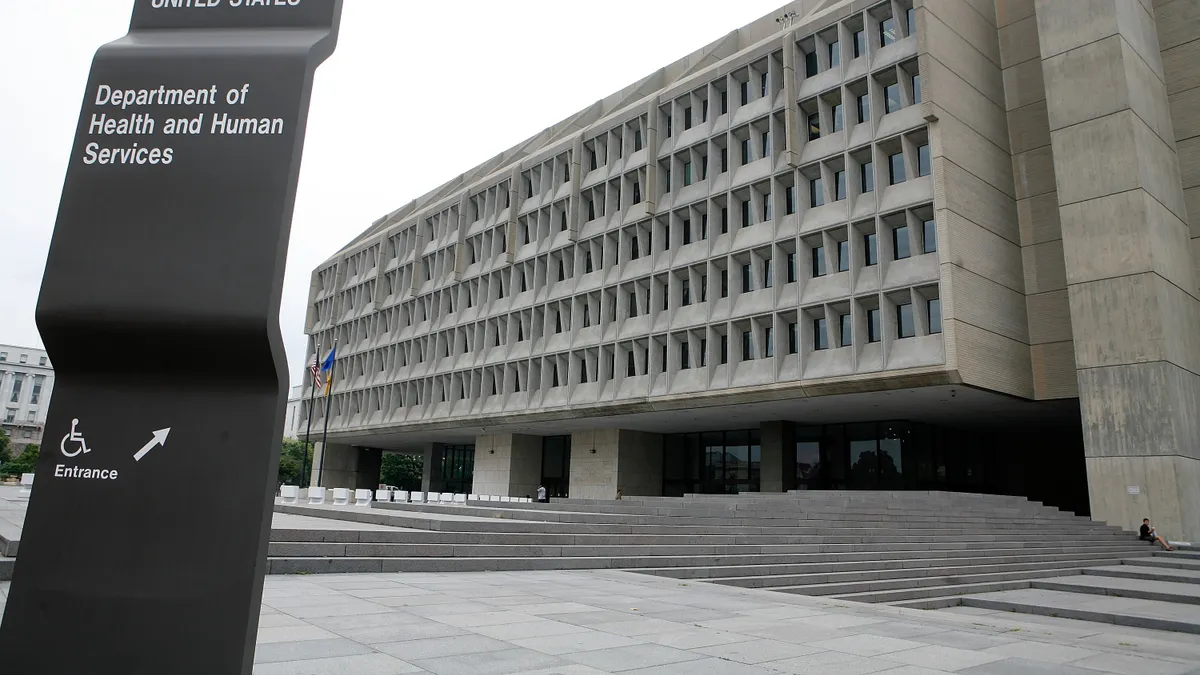Dive Brief:
- CMS has finalized its plan to grant companies including Boston Scientific and Stryker another year of new technology add-on payments (NTAPs) because of COVID-19.
- Comments on the rule "overwhelmingly supported" the plan to use pre-pandemic data on the cost of inpatient stays to inform CMS' rates for fiscal 2022. Given the change, CMS decided against discontinuing NTAPs for 13 technologies that lack sufficient pre-pandemic data.
- CMS also used the document to give final opinions on new NTAP applications, including 17 filings under alternative pathways such as the route available for breakthrough devices. Medtronic's Harmony transcatheter pulmonary valve was among the devices to qualify for NTAP.
Dive Insight:
In April, CMS sought feedback on plans to diverge from its typical approach to NTAP. The add-on payments are used because the most recent Medicare claims and cost data is always two to three years old and, as such, fails to capture the impact of new technologies. NTAP supports the use of new technologies until CMS has data on their impact.
Typically, CMS would now be using data from fiscal 2020 to determine inpatient payments and a set of products would lose NTAPs. However, the effect of COVID-19 on healthcare led CMS to propose the continued use of data from fiscal 2019.
In the absence of usable Medicare data for 2020, CMS also proposed granting one more year of add-on payments to products that otherwise would have exited the NTAP scheme in fiscal 2022. The 13 products covered by the final rule include Boston Scientific's Eluvia drug-eluting stent, Cook Medical's Hemospray and Stryker's SpineJack system.
Aside from the removal of a medicine, on the grounds it still qualifies for add-on payments under the normal processes, the proposal for the additional year of NTAP is unchanged from the draft released by CMS earlier in the year.
The final rule also features opinions on products submitted to the NTAP scheme. CMS set the cost per case for Medtronic's Harmony at $41,500. As add-on payments are capped at around two-thirds of the average cost of the technology, the maximum NTAP for fiscal 2022 is $26,975. Medtronic has called Harmony a "first of its kind" device and "a breakthrough treatment for patients with congenital heart disease."
Boston Scientific also secured NTAP via the alternative route available to breakthrough devices. The Boston Scientific application covered the Exalt Model D Duodenoscope. CMS ruled the single-use device meets the cost criterion for NTAP, leading it to set the add-on payment at $1,715.59.
Multiple other companies saw their applications knocked back by CMS. Fujifilm sought add-on payments for its endoscopic video imaging system EP-7000X via the alternative breakthrough device route, only for CMS to conclude there are no operating costs associated with the use of the device. Other companies including Avenu Medical, Motus GI and RapidAI failed to secure NTAPs via the conventional route.













